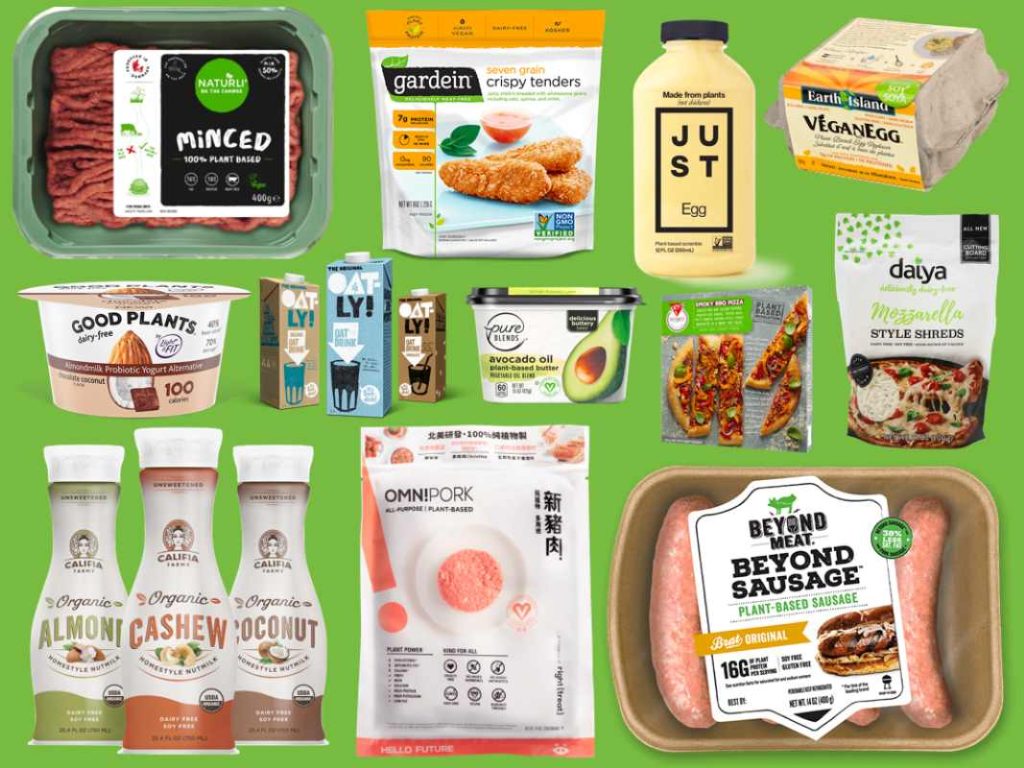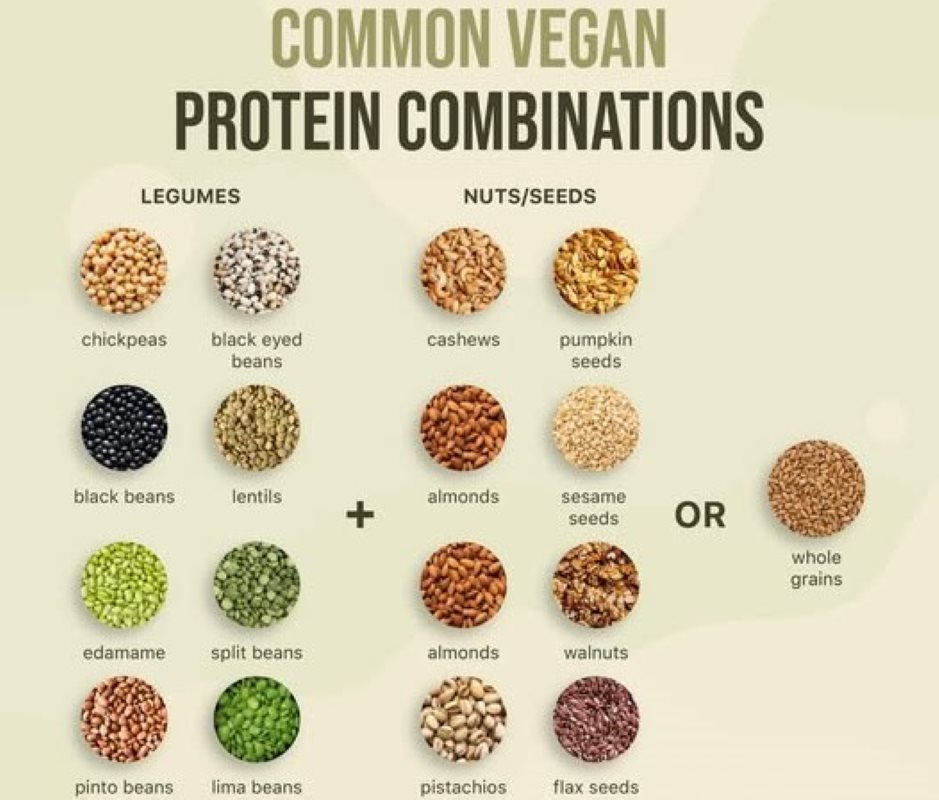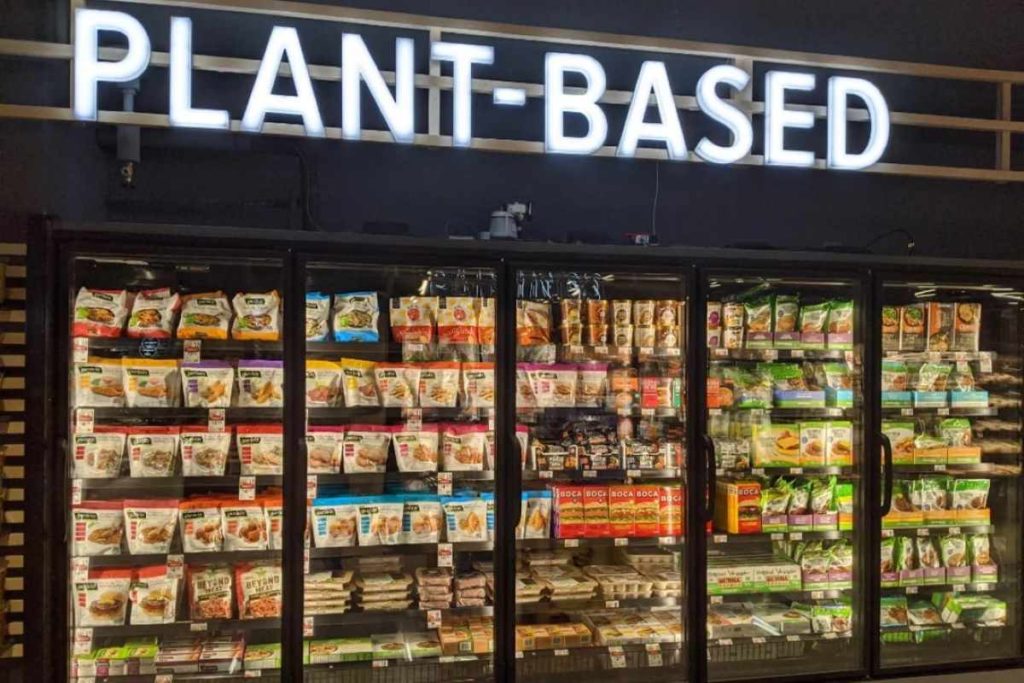A 2021 Bloomberg economic report predicted significant plant-based food market growth by the coming decade. According to the report, the global plant-based food market is poised to hit $160 billion by 2030! For some perspective, that same market was doing a little above $29 billion in 2020.
Judging by this data, veganism is becoming more than just a diet. It is morphing into a movement, one driven by health, innovation, sustainability and ethics.
This article will not just throw around catchy figures and quotes from the vegan product trend. Instead, we will analyze the driving force behind the plant-based food business and the future of vegan products.
What’s Driving the Demand for Plant-Based Products?
The number of people making conscious efforts to improve their well-being increased considerably during and after the COVID pandemic. Veganism and the evolution of plant-based diets are among the trends that caught the recent wave of health consciousness. consciousness. Healthy eating by elimination became a trend, resulting in a considerable reduction in animal-based diets.

Speaking of meatless food innovations, there’s a global campaign to reduce meat in diets. Climate change advocates and animal welfare activists are making a strong case for plant-based meat substitutes. These advocacy groups are emphasizing the damage to the ecosystem caused by livestock farming activities. Also, there’s the ethical side of killing millions of animals annually.
The merits of dairy-free alternatives and plant-based innovations were silent some years ago. However, climate research studies, influencers and documentaries are driving the cause. There you have some of the major factors stoking the momentum of plant-based food market growth.
ALSO READ: The Future of Lab-Grown Meats in Global Markets: Innovation, Regulation, and Consumer Trust
Popular Categories in the Plant-Based Boom
The future of plant-based diets is promising, with food startups already thriving in that niche. Brands like Impossible Foods and Beyond Meat are driving commercial meatless food innovations. For example, these companies already have plant-based commercial products that conveniently mimic meat proteins.

Indeed, some restaurants now offer dairy-free milks, yogurts and cheeses. Tier-1 fast-food chains like McDonald’s partnering with Beyond Meat for plant-based fats and proteins is a sign of victory ahead for meatless food innovations. Plant-based desserts, frozen meals, and snacks may very well be the future of vegan products.
So, it is little surprise that the plant-based food market growth is rapid. With these emerging realities, major stakeholders in the global food system ignore the plant-based food business at their peril.
Global Growth and Cultural Adaptation
There’s no denying that the trend of plant-based food market growth is largely prominent in the global north. However, there are long-standing plant-based cuisines in other civilizations around the world. Interestingly, cultural culinary exchanges led to the influx of meat-heavy diets from the West to Asia, Africa, and the Mediterranean.

Cultural adaptation may cause veganism and global food trends to infiltrate regions still basking in culinary virginity. Consequently, as the plant-based diet evolution spreads to the global south, their meat substitute demand may also spike. When that happens, tempeh burgers in Indonesia, jackfruit BBQ in the U.S., and plant-based chicken in Nigeria may become a thing.
The Role of Innovation and Technology
The recent plant-based food market growth would be impossible without certain specialized technologies. Most of the startups meeting meat substitute demand invested vigorously in food research at the outset. This is because many of these plant-based products require precision technology for commercial-scale production and quality product yield.

For example, some plant-based foods require precision fermentation in sophisticated bioreactors. Cell-based dairy and mycelium protein production also require advanced food production technology. While some of these lab-grown and bio-formulated food items are rich in specific nutrients, they still need value addition to make them palatable for human consumers. These value-added activities improve nutrition, texture and taste of the new generation products.
More and more startups are betting on the plant-based diet evolution. However, biotech investments in plant-based food development are capital-intensive. If you’re still wondering why there are relatively few companies investing in, say, dairy-free market expansion? It’s because the startup cost is quite high, and most investors would rather put money in a business with a rapid ROI cycle.
Barriers and Criticisms Facing the Industry
Vegan, cell-based dairy and lab-grown meat are innovative food products that have common challenges. These challenges could make skeptics of plant-based and vegan products avoid them. Here are some bottlenecks affecting the plant-based food market growth:
1. Overprocessing and nutritional trade-offs
Some consumers and skeptics wrongly categorize plant-based and vegan products made in bioreactors as ultraprocessed food. There are also concerns that these products are deficient in certain macro and micronutrients. For example, some studies suggest that vegan diets lack nutrients, e.g., omega-3 fatty acids, calcium, iron, vitamin B12 and vitamin D. Meanwhile, most of these deficient nutrients are readily available in animal products.

2. Affordability and accessibility
Veganism and global food trends are out of reach for some folks due to economic limitations. While traditional animal-based diets can be expensive to maintain, plant-based alternatives are touted as even more costly. Unfortunately, even some people who can afford this diet think it is overpriced for what it has to offer.
3. Consumer skepticism and label confusion
In some quarters, pure skepticism is the only factor standing in the way of a plant-based diet. Some of these dietary reservations are caused by food neophobia (or fear of trying out new foods), social pressure, and cultural norms. On the contrary, mislabeling on the part of the manufacturer or disinformation on the consumer’s part may cause them to steer clear of these innovative food products.
What the Future Holds for Plant-Based Food Market Growth
Some big players in the food service industry are adopting vegan and plant-based products, and more are likely to follow. We no longer need to question why plant-based foods are booming. Soon, you can expect to find some of these meat alternatives in supermarkets. Next, more people will start experimenting with alternative ingredients in making custom recipes at home.
We can also expect the expansion of plant-based market growth beyond niche vegan communities. As more and more platforms, like this one, educate global audiences about meatless alternatives, awareness spreads organically.

More legislations and pacts are being signed around the globe in support of sustainable and eco-friendly manufacturing and products. With this policy support and carbon labeling by manufacturers, more consumers can make informed decisions about food purchases.
Again, it is worth emphasizing that plant-based eating is going beyond conventional trends. It is morphing into a global movement that is likely to shape the future of food production and consumption. The 2021 report by Bloomberg on the growth of plant-based food says that much. However, we encourage you to assess these emerging food innovations with an open mind. Taking whatever you see or read about veganism at face value will do very little good. So, approach such subjects with your critical thinking cap. If a meat-based diet is what works best for you, well, we only die once.
From oat milk lattes to mushroom steaks, the plant-powered revolution is here—and still growing.
ABOUT THE AUTHOR

Babatunde Olufemi is a food scientist, educator, and science-based food writer with academic and practical exposure to food processing, nutrition, food safety, and the global food industry. Through Quill of Grubs, he breaks down complex food science topics into clear, accessible explanations for everyday readers, students, and professionals.











